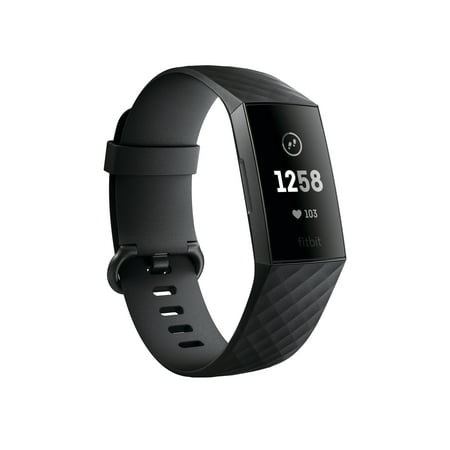Abdominal Coaster Trainer Fitness Equipment with Bottom-up Design for Home Gym
“Features:STEEL FRAME, WIDE BASE: This metal-body stomach coaster is made to ultimate with advanced balance and rust-unfastened performance, imparting as much as four hundred lb. ability; wide base offers extra safety in your workoutINTEGRATED DIGITAL DISPLAY: Integrated virtual show maintains monitoring workout counts, so that you can regulate exercising depth according to workout session.360°SWIVEL SPONGE-FILLED CUSHION : 360°swivel leg cushion better tones your waist and belly muscle mass, and complements your frame flexibility as well as coordination; extremely-smooth elbow pad contours and protects your joints without sacrificing comforts CONSTANT CORE CONTRACTION, ADJUSTABLE RESISTANCE: Natural arc layout works your decrease, middle, and higher Abs from the lowest-up, perfect for novices and long-time fitness enthusiasts no matter heights; alter resistance through the built-in resistance bar, easy to customize your exercising intensityEASY INSTALLATION & SIMPLE TRANSPORTATION: 2 incorporated the front wheels make this belly coaster easy to transport without scratching floor; without difficulty assemble this ab teacher within 15 mins the usage of the special education supplied in your convenienceDescription:This abdominal coaster works extremely good due to the fact of its specific design and motion. Users are required to take a seat squatted on their knees and drag their frame up by means of pulling at the handles. The specific frame function facilitates contract the stomach muscular tissues, working simultaneously on the top, middle and lower abs. As you circulate down, you once more work the ones abs in reverse order. The result is every repetition taxes every unmarried muscle fiber in your Abdomen place. Start your manner to be a man of best shape now!Specification:Material: steelCapacity: 310 lb.Net Weight: 55.1 lb.Product Size: 50.four” X 24.zero” X 49.2″Package List:1 x Abdominal Coaster1 x User Manual “












Reviews
There are no reviews yet.